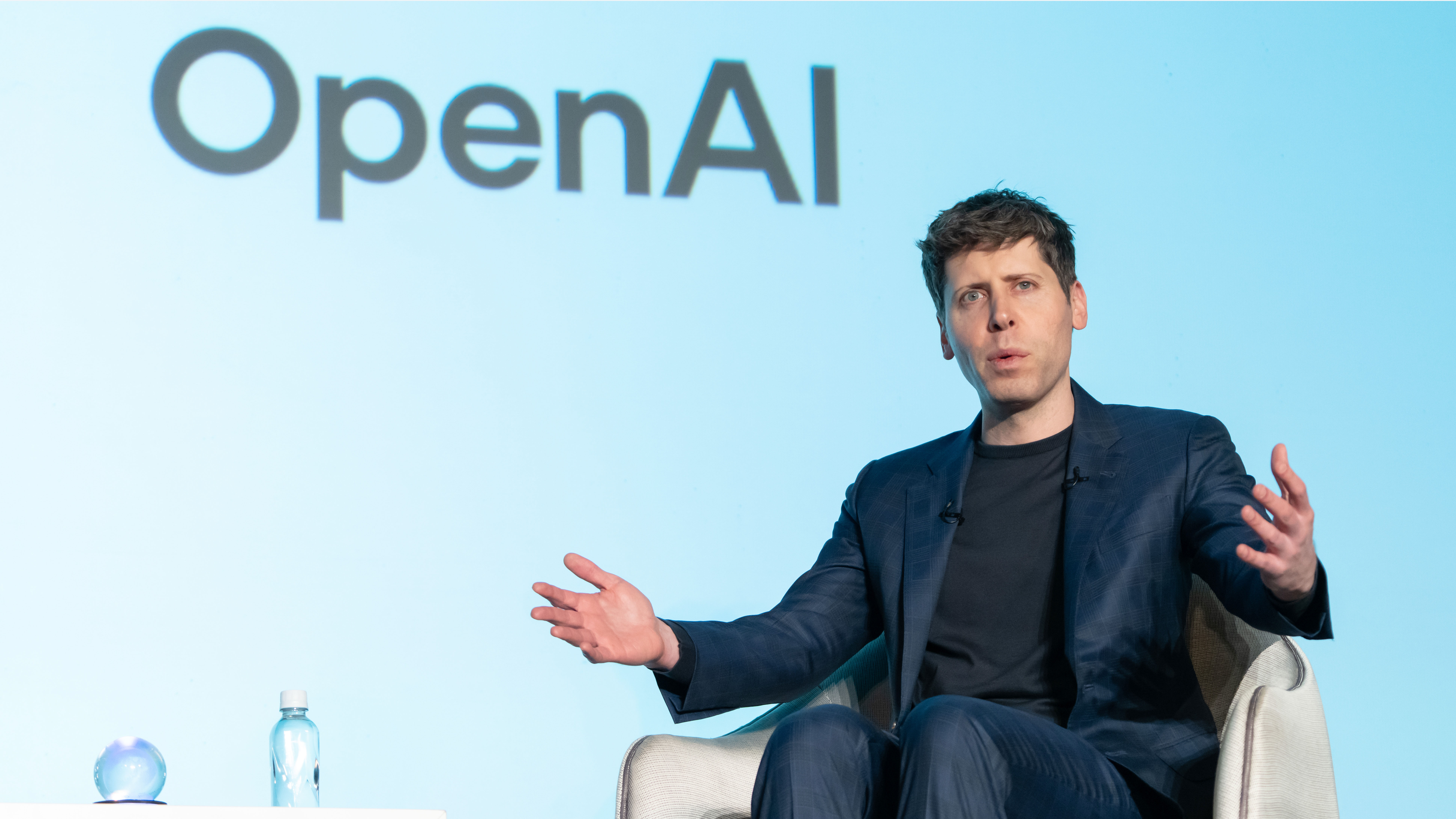OpenAI Social Network: A Likely Future?
The rise of artificial intelligence (AI) is rapidly transforming numerous aspects of our lives, and the social media landscape is no exception. While currently dominated by platforms like Facebook, Instagram, and Twitter, a future where AI plays a central role, perhaps even leading the charge, seems increasingly plausible. Specifically, the question of an OpenAI social network is sparking considerable debate and speculation. Is this a likely future, and what might it look like?
The Potential Benefits of an AI-Powered Social Network
An OpenAI-powered social network could offer several significant advantages over existing platforms:
- Enhanced Personalization: AI algorithms could curate content tailored precisely to individual user preferences, eliminating the information overload and irrelevant posts common on today's social networks. This could drastically improve user experience and engagement.
- Improved Content Moderation: AI could effectively identify and remove harmful content like hate speech, misinformation, and cyberbullying far more efficiently than current human-moderated systems, creating a safer online environment.
- Enhanced Accessibility: AI could translate languages in real-time, making communication and connection across linguistic barriers seamless. Features for visually impaired users could also be significantly improved.
- Facilitated Connections: AI could suggest relevant connections based on shared interests and goals, potentially fostering meaningful interactions and communities.
- Advanced Analytics & Insights: Users could gain valuable insights into their online interactions and personal growth, leveraging AI-powered analytics to understand their social media footprint.
Challenges and Concerns
Despite the potential upsides, the development of an OpenAI social network presents several crucial challenges:
- Data Privacy: The immense amount of data required to power an AI-driven social network raises serious privacy concerns. Ensuring user data is securely managed and protected from misuse will be paramount.
- Algorithmic Bias: AI algorithms are trained on data, and if that data reflects existing societal biases, the algorithms will perpetuate and even amplify them. Mitigating algorithmic bias will be essential to avoid creating unfair or discriminatory outcomes.
- Job Displacement: The automation potential of AI in social media moderation and content curation could lead to job losses in the industry. Careful consideration of the societal impact is needed.
- Dependence and Addiction: Highly personalized and engaging AI-powered platforms could potentially exacerbate existing issues of social media addiction and dependence.
- Lack of Human Interaction: Over-reliance on AI-driven interactions might diminish the authentic human connection inherent in social interaction.
A Glimpse into the Future
While an OpenAI-led social network remains hypothetical, elements of AI are already being integrated into existing platforms. Features like personalized recommendations and automated content moderation are becoming increasingly sophisticated. A fully AI-powered social network might still be some years away, but the technological foundation is rapidly being built. The key will lie in addressing the ethical and societal implications alongside the technological advancements, ensuring a future where AI enhances, rather than undermines, the human experience of social connection.
Conclusion
The emergence of an OpenAI social network or a similar AI-powered platform is a realistic possibility. While promising significant improvements in personalization, safety, and accessibility, it also presents formidable challenges related to data privacy, algorithmic bias, and job displacement. Careful planning, ethical considerations, and transparent development processes will be crucial in navigating this potential future. The journey will likely involve collaborations between AI developers, policymakers, and social media users themselves to shape a responsible and beneficial evolution of social networking. The future of social interaction is evolving, and AI is at the forefront.

